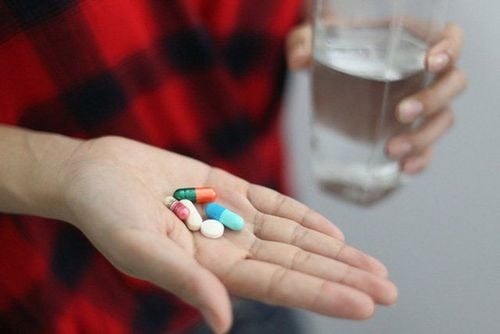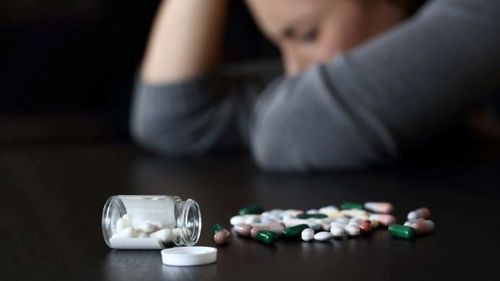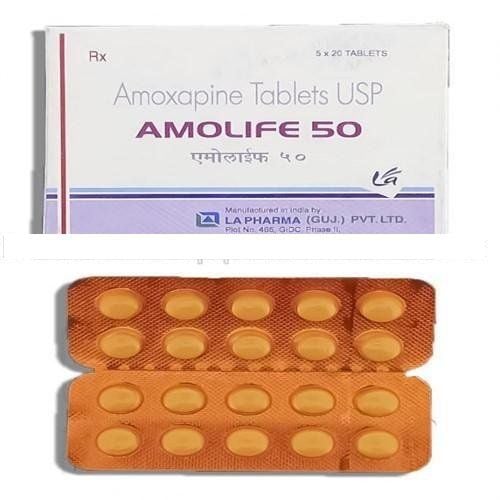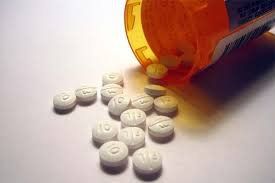This is an automatically translated article.
Depression has always been one of the focal points of mental health care. The nature of atypical depression is somewhat different, and there are many issues to consider.1. What is atypical depression?
Any kind of depression causes a sad mood and inability to enjoy life. However, atypical depression means that depressive feelings may be better in the presence of positive events. Other important symptoms include increased appetite, sleeping too much, feeling heavy in the arms or legs, and feeling rejected.
Contrary to the name, atypical depression is not uncommon. It can affect emotions, thoughts and actions, and in turn lead to emotional and physical problems. Normal daily activities may be affected, and patients may even develop suicidal thoughts and ideas.
Treatments for atypical depression include medication, psychotherapy, and lifestyle changes.

Các triệu chứng của bệnh trầm cảm rất khó phát hiện
2. Causes of atypical depression
Until now, the cause of atypical depression or why depression differs from person to person is unknown. Atypical depression usually has its onset in the teen years, that is, earlier than in other types of depression, and may have a longer course.
As with other types of depression, a combination of factors can cause atypical depression, including:
Brain abnormalities: neurotransmitters are naturally occurring chemicals part of the brain, responsible for transmitting signals between different parts of the brain and body. When neurotransmitters are damaged or inactivated, the activity of nerve receptors and the nervous system changes, leading to depression. Heredity: depression often occurs in members of the same bloodline.

Bệnh trầm cảm có khả năng là do di truyền
3. Risk factors for atypical depression
Risk factors for atypical depression include:
Having a history of bipolar affective disorder. Abuse of alcohol or drugs. Childhood trauma. Environmental factors cause stress. The risk of atypical depression is also increased if:
Are blood related to someone with depression, bipolar disorder or alcoholism. Experiencing very negative events, such as the death of a loved one.
4. Complications of atypical depression
Like other types of depression, atypical depression is a serious problem with great consequences. Atypical depression affects emotions, behaviors and causes many health problems, affecting all aspects of life.
For example, atypical depression is associated with:
Weight gain due to increased appetite. Personal and professional relationships are troubled by feelings of rejection. In the process of coping with the disease on their own, the patient may use alcohol and drugs. Other mental disorders, such as anxiety disorders. Feelings of hopelessness lead to suicidal behavior.

Tăng cân là một trong những biến chứng của trầm cảm không điển hình
5. Symptoms of atypical depression
Symptoms of atypical depression vary widely between patients. Key signs and symptoms include:
Feelings are negative but may temporarily improve upon receiving good news or positive events. Increased appetite or weight gain. Sleep a lot but still feel sleepy during the day. A feeling of extreme heaviness in the arm or leg that lasts for an hour or more during the day. Feelings of rejection or discrimination, affecting relationships, social life, and work. For some people the signs and symptoms of atypical depression can be severe, such as an inability to perform normal activities or suicidal thoughts.
6. When to see a doctor?
If you feel hopeless, see a specialist immediately. Atypical depression will get worse if left untreated. If you feel shy about going to the doctor, talk to a friend or family member, to a religious leader, or to anyone you trust.
If you have thoughts of self-harm or thoughts of suicide, call 911 immediately, or contact your doctor (if possible), or contact a friend, loved one, or anyone else. anyone can help.
If a friend or loved one is contemplating suicide, make sure someone is with the person, and immediately call an ambulance or take yourself to the hospital if it is safe to do so.
7. Diagnosis of atypical depression
Tests and tests can help your doctor find other causes of your symptoms and detect complications. The examination and diagnosis process includes a physical examination, testing (because depression is sometimes associated with an underlying medical condition), psycho-psychiatric assessment.
8. Treatment of atypical depression
Types of depression, including atypical depression, can be effectively treated with medication and psychotherapy.
Treatment drugs include:
Monoamine oxidase inhibitors (MAOIs): are the oldest class of antidepressants, have many unwanted effects but are not effective for depression. typical (especially phenelzine), as well as with anxiety, panic attacks, and other symptoms. The use of monoamine oxidase inhibitors requires strict dietary compliance because dangerous interactions can occur between the drug and certain foods, as well as between the drug and some prescription and non-prescription drugs. require other prescriptions, such as decongestants and some herbal supplements. Monoamine oxidase inhibitors also cannot be used together with selective serotonin reuptake inhibitors (SSRIs). Other antidepressants: Selective serotonin reuptake inhibitors, most notably sertraline (Zoloft) and fluoxetine (Prozac) may be effective alternatives to monoamine oxidase inhibitors. Tricyclic antidepressants are not as effective, but are also an option. Patients with symptoms of depression, need to take the patient to the doctor immediately to determine the severity of the disease as well as the treatment plan. Psychologists and psychiatrists will use a variety of assessment measures, psychological tests, psychotherapy combined with a number of paraclinical tests
Psychological Clinic - Official Vinmec International General Hospital came into operation in April 2019, has the function of examining, consulting and outpatient treatment of psychological problems and psychological health. With modern equipment, Vinmec Psychological Health Clinic is currently cooperating with experienced professors and experts Along with implementing psychological tests, intensive psychotherapy to serve the public. diagnosis and treatment, in order to bring the best treatment effect.
Please dial HOTLINE for more information or register for an appointment HERE. Download MyVinmec app to make appointments faster and to manage your bookings easily.
Articles refer to the source: mayoclinic.org













